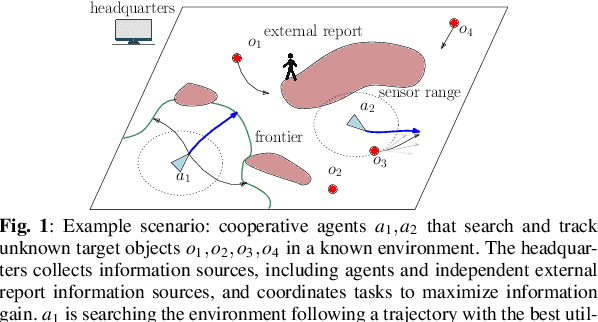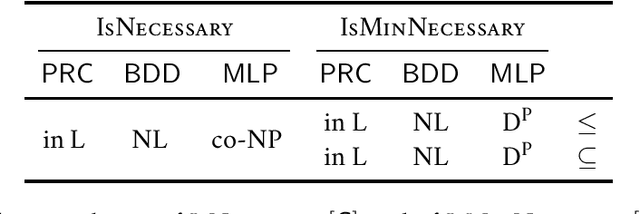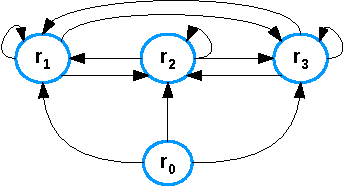Cristian Molinaro
Multi-Object Active Search and Tracking by Multiple Agents in Untrusted, Dynamically Changing Environments
Feb 03, 2025



Abstract:This paper addresses the problem of both actively searching and tracking multiple unknown dynamic objects in a known environment with multiple cooperative autonomous agents with partial observability. The tracking of a target ends when the uncertainty is below a threshold. Current methods typically assume homogeneous agents without access to external information and utilize short-horizon target predictive models. Such assumptions limit real-world applications. We propose a fully integrated pipeline where the main contributions are: (1) a time-varying weighted belief representation capable of handling knowledge that changes over time, which includes external reports of varying levels of trustworthiness in addition to the agents; (2) the integration of a Long Short Term Memory-based trajectory prediction within the optimization framework for long-horizon decision-making, which reasons in time-configuration space, thus increasing responsiveness; and (3) a comprehensive system that accounts for multiple agents and enables information-driven optimization. When communication is available, our strategy consolidates exploration results collected asynchronously by agents and external sources into a headquarters, who can allocate each agent to maximize the overall team's utility, using all available information. We tested our approach extensively in simulations against baselines, and in robustness and ablation studies. In addition, we performed experiments in a 3D physics based engine robot simulator to test the applicability in the real world, as well as with real-world trajectories obtained from an oceanography computational fluid dynamics simulator. Results show the effectiveness of our method, which achieves mission completion times 1.3 to 3.2 times faster in finding all targets, even under the most challenging scenarios where the number of targets is 5 times greater than that of the agents.
On the Complexity of Global Necessary Reasons to Explain Classification
Jan 12, 2025
Abstract:Explainable AI has garnered considerable attention in recent years, as understanding the reasons behind decisions or predictions made by AI systems is crucial for their successful adoption. Explaining classifiers' behavior is one prominent problem. Work in this area has proposed notions of both local and global explanations, where the former are concerned with explaining a classifier's behavior for a specific instance, while the latter are concerned with explaining the overall classifier's behavior regardless of any specific instance. In this paper, we focus on global explanations, and explain classification in terms of ``minimal'' necessary conditions for the classifier to assign a specific class to a generic instance. We carry out a thorough complexity analysis of the problem for natural minimality criteria and important families of classifiers considered in the literature.
Using Linear Constraints for Logic Program Termination Analysis
Dec 15, 2015
Abstract:It is widely acknowledged that function symbols are an important feature in answer set programming, as they make modeling easier, increase the expressive power, and allow us to deal with infinite domains. The main issue with their introduction is that the evaluation of a program might not terminate and checking whether it terminates or not is undecidable. To cope with this problem, several classes of logic programs have been proposed where the use of function symbols is restricted but the program evaluation termination is guaranteed. Despite the significant body of work in this area, current approaches do not include many simple practical programs whose evaluation terminates. In this paper, we present the novel classes of rule-bounded and cycle-bounded programs, which overcome different limitations of current approaches by performing a more global analysis of how terms are propagated from the body to the head of rules. Results on the correctness, the complexity, and the expressivity of the proposed approach are provided.
* Under consideration in Theory and Practice of Logic Programming (TPLP)
Top-k Query Answering in Datalog+/- Ontologies under Subjective Reports
Nov 29, 2013



Abstract:The use of preferences in query answering, both in traditional databases and in ontology-based data access, has recently received much attention, due to its many real-world applications. In this paper, we tackle the problem of top-k query answering in Datalog+/- ontologies subject to the querying user's preferences and a collection of (subjective) reports of other users. Here, each report consists of scores for a list of features, its author's preferences among the features, as well as other information. Theses pieces of information of every report are then combined, along with the querying user's preferences and his/her trust into each report, to rank the query results. We present two alternative such rankings, along with algorithms for top-k (atomic) query answering under these rankings. We also show that, under suitable assumptions, these algorithms run in polynomial time in the data complexity. We finally present more general reports, which are associated with sets of atoms rather than single atoms.
 Add to Chrome
Add to Chrome Add to Firefox
Add to Firefox Add to Edge
Add to Edge